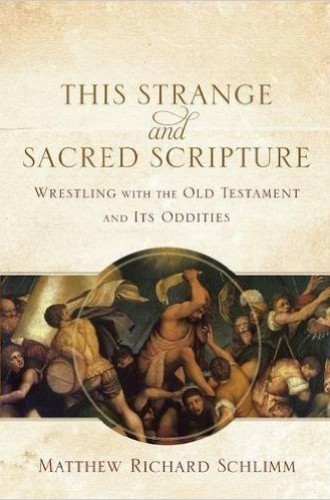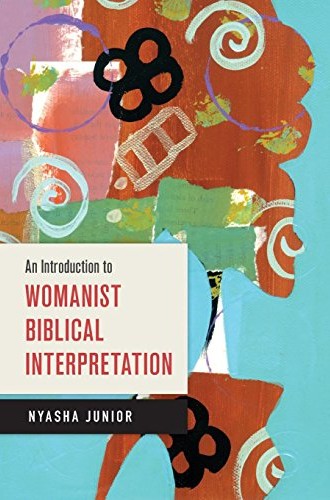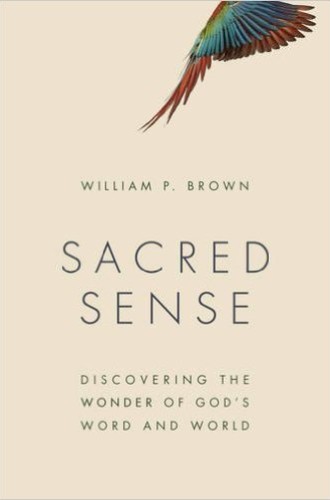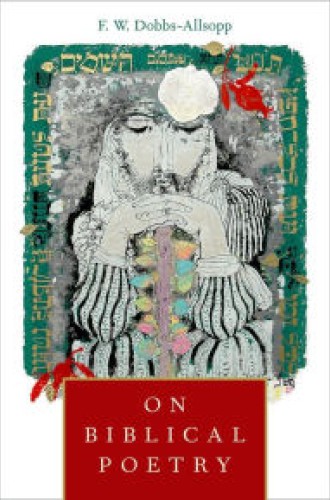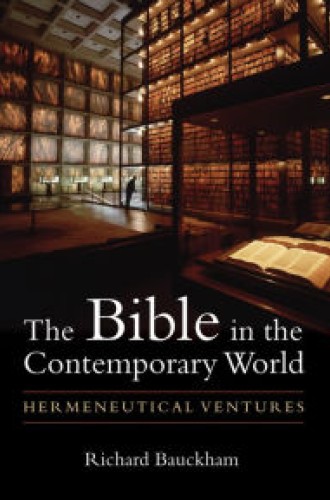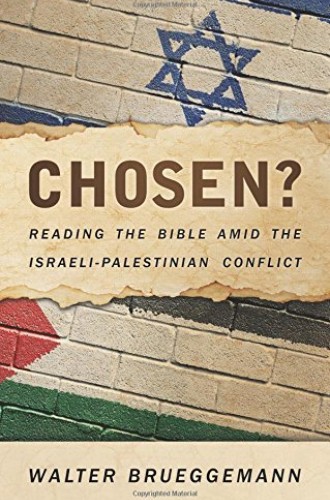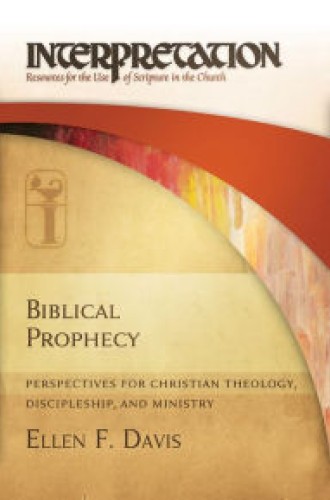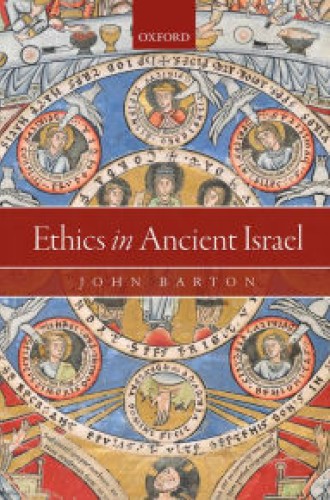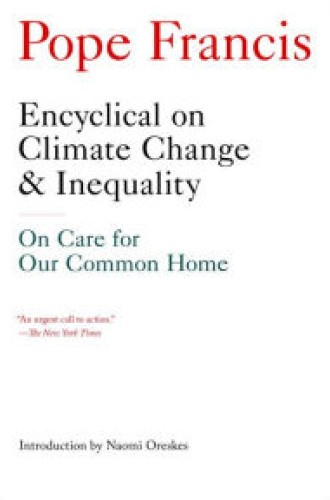Old Testament
This Strange and Sacred Scripture: Wrestling with the Old Testament and Its Oddities, by Matthew Richard Schlimm. The Old Testament is deeply and sometimes distressingly strange to modern Christians (as it was also to many ancient readers). Schlimm does not explain away the bizarre or unsettling; rather, he shows how it is sometimes in the very peculiarities of scripture that we can find illumination. I have successfully used this book with first-semester seminary students. It is engagingly written and full of wisdom.
An Introduction to Womanist Biblical Interpretation, by Nyasha Junior. This primer on womanist biblical interpretation is clear and accessible. The historical chapters alone are worth the price of the book. Junior provides a succinct, cogent account of the rise of feminism and womanism over roughly the last 150 years, with special attention to the interpretation of scripture. One cannot be an informed, or compelling, interpreter of scripture today without moving beyond the white, largely male scholarly discourse that continues to dominate the field. Junior proves a skilled guide into these rich interpretive worlds.
Sacred Sense: Discovering the Wonder of God’s Word and World, by William P. Brown. Though I am a fan of what biblical criticism can do to illuminate scripture, it has sometimes sucked the wonder out of the text. This slim volume offers a stark and refreshing contrast. In brief chapters on texts from Genesis to Revelation, Brown uses his considerable gifts as an interpreter of the Bible to help us rediscover its enchantments.


